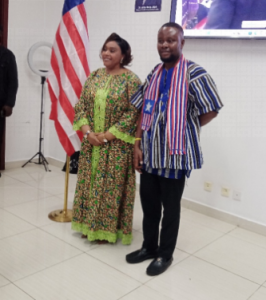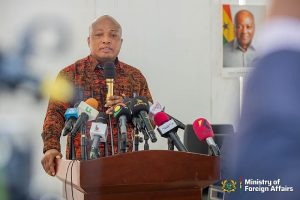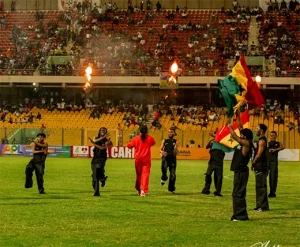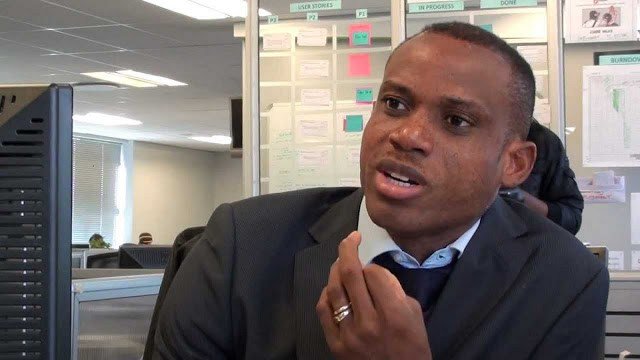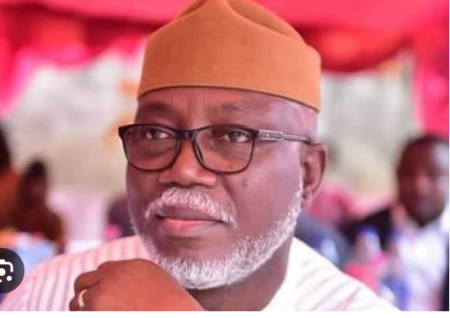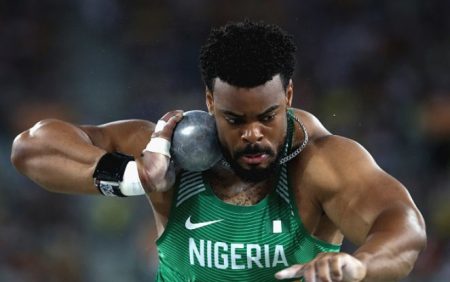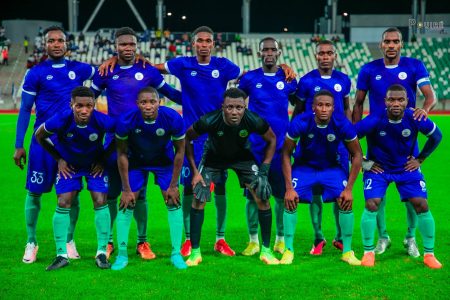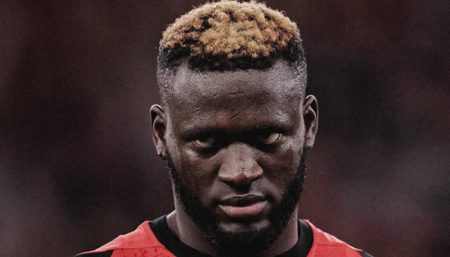Sunday Oliseh, former captain and coach of the Nigerian national football team, the Super Eagles, has ignited a debate about the leadership of the team, advocating strongly for the appointment of a Nigerian coach. Oliseh contends that Nigeria possesses a wealth of coaching talent capable of steering the Super Eagles to success and criticizes the continued reliance on foreign managers, viewing it as a slight against local expertise. This sentiment comes amidst the current tenure of French-born Éric Chelle, whose unbeaten start to his managerial reign hasn’t quelled Oliseh’s concerns about the perceived undervaluing of Nigerian coaches. The former midfielder highlighted the importance of trusting and investing in homegrown talent, arguing that it’s detrimental to the development of Nigerian football to consistently overlook local coaches for prominent positions like the head coach of the Super Eagles.
Oliseh’s critique extends beyond the nationality of the coach to encompass the tactical deployment and leadership structure within the Super Eagles. He specifically pointed to what he termed an “anomaly”—the practice of having team captains who are not regular starters. Oliseh strongly believes that the captain, as the leader on the field, should be a consistent presence in the starting lineup to effectively guide and inspire the team. This, he argues, ensures that the captain’s influence is directly felt throughout the game and allows for seamless communication and implementation of tactical strategies. Having a captain on the bench, according to Oliseh, essentially relegates the leadership role to an assistant, diminishing the captain’s authority and impacting the team’s overall performance.
The former Super Eagles captain further emphasized the significance of tactical roles, particularly the defensive midfield position, a position he himself excelled in during his playing career. Oliseh underscored the need for discipline and clear tactical instructions for players occupying this crucial role. He highlighted Wilfred Ndidi as a player capable of fulfilling the demands of the position but stressed the importance of a tactically astute coach to provide the necessary guidance and structure. Oliseh’s argument centers on the defensive midfielder acting as the “umbrella” of the defense, a crucial link between the defense and the attack, requiring a high level of tactical awareness and discipline. This, he believes, underscores the importance of a competent and experienced coach who can effectively utilize players in their optimal positions and maximize their potential.
Oliseh’s advocacy for indigenous coaching talent is not merely a matter of national pride but stems from a deep-rooted belief in the capabilities of Nigerian coaches. He pointed to his own tenure as Super Eagles coach, where he oversaw a relatively successful period with only two losses in 14 matches, as evidence of the potential of Nigerian coaches. He further highlighted his role in introducing young talents like Wilfred Ndidi, Alex Iwobi, and Kelechi Iheanacho to the national team, demonstrating his commitment to nurturing and developing local players. Oliseh believes that Nigerian coaches, with their intimate understanding of Nigerian football and players, are better equipped to guide the Super Eagles to success.
Oliseh’s intervention in the discourse around the Super Eagles’ leadership arrives at a critical juncture, with crucial World Cup qualifiers on the horizon. The team faces a challenging path to qualification, needing to secure victories in their remaining matches to stand a chance of reaching the 2026 FIFA World Cup. This adds another layer of complexity to the debate, as the pressure mounts on both the coach and the Nigeria Football Federation (NFF) to deliver results. Oliseh’s remarks, therefore, serve not only as a critique of the current setup but also as a timely call to action, urging the NFF to reconsider its approach and prioritize the development and utilization of Nigerian coaching talent.
In essence, Sunday Oliseh’s argument is a multifaceted appeal for a shift in the management philosophy of the Nigerian national team. He advocates for greater trust in local coaching talent, highlighting the potential within Nigeria to lead the Super Eagles to success. His emphasis on the importance of the captain’s role and the strategic deployment of players, particularly in the defensive midfield position, further underlines his deep understanding of the game and his commitment to seeing the Super Eagles thrive. This, coupled with the looming World Cup qualifiers, makes his intervention a significant contribution to the ongoing debate about the future direction of Nigerian football.


